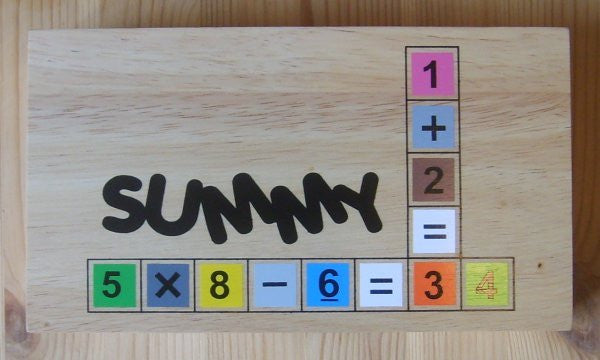Summy
Products title that includes 'PRE-ORDER' is subject to our Pre-order Policy
Couldn't load pickup availability
Delivery and Shipping
Delivery and Shipping
For more details, please refer to our Shipping and Order Information.
Pre-Order Policy
- Pre-order items are charged at the time the order is placed.
- Prices for pre-order items are subject to change based on final landed costs.
- If the final price is lower, the difference will be refunded to the customer in the form of store credit.
- If the final price is higher, customers will be given the option to either:
- Pay the difference, or
- Cancel the item for a full refund.
- Orders containing pre-order items will be placed on hold until all items in the order are available.
- Once all items have arrived and pricing remains unchanged, the order will be automatically shipped.
- Pre-orders are fulfilled on a first-come, first-served basis.
- If a pre-ordered item becomes unavailable (e.g., the publisher cancels the product), a full refund will be issued.
- Pre-orders may be cancelled and refunded by customers or the store.
- For transactions that are no longer eligible for direct refunds due to payment processor limitations, a store credit will be issued instead.
Description
Description
| Designer | Corné van Moorsel |
| Publisher | Cwali |
| Players | 2-10 |
| Playtime | 30 mins |
| Suggested Age | 10 and up |
| Additional Info | BoardGameGeek (Images, Videos, Reviews) |
Similar to placing letters in Scrabble, teams take alternate turns placing 1-8 tiles to build a valid sum in horizontal or vertical direction. In each sum you must use at least 1 block which is already on table.
For each digit in a sum you get its value as victory points. So you try to use high numbers which are already placed. You can place high numbers from your own blocks too, but your opponents can profit when you place them easily available and combinable with other placed blocks. You should also try to hold good combinations of digits and operators for later turns.
While it requires calculating, it is more a puzzle game than a math game. You mainly search for possibilities by using deduction logic instead of calculating (which is induction logic).


